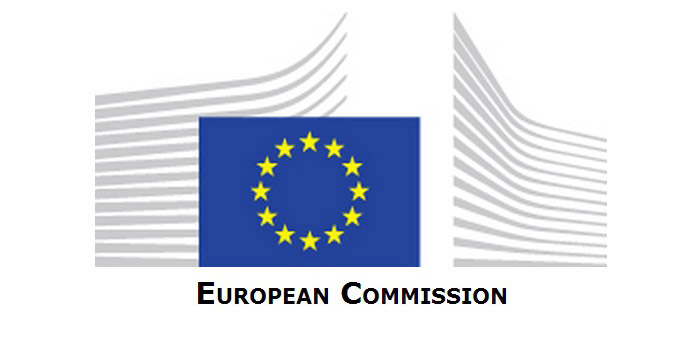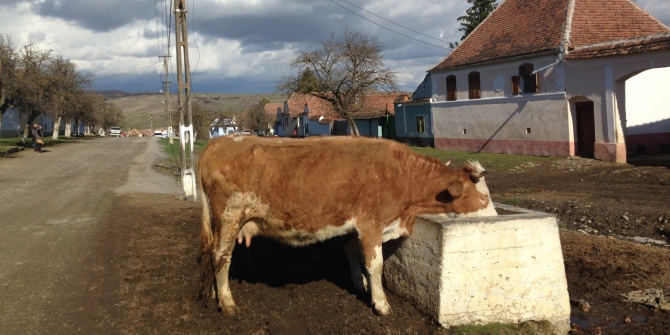 PhD Candidate Amena Amer presents at the Everyday Muslim Symposium, discussing the social psychology of how British Muslims are represented, and the problematic consequences this may have on marginalised groups within the wider Muslim community.
PhD Candidate Amena Amer presents at the Everyday Muslim Symposium, discussing the social psychology of how British Muslims are represented, and the problematic consequences this may have on marginalised groups within the wider Muslim community.
Frequently seen as the religion of the ‘other’, Islam in Britain along with the category ‘British Muslim’, is often racialised as an ‘outsider’ both religiously and culturally. Both popular and political discourses about British Muslims rarely focus on, or take into account, the numerous and diverse ethnicities that make up the group. While in the British context people of South Asian heritage often come to mind when considering the ethnic make up of Britain’s Muslim population, there are many other groups that are completely overlooked. One such community that has been steadily growing over the last few decades is white British converts to Islam. Their conversion is significant in that it adds an important dimension to what should be our constant changing understanding of the category ‘British Muslim’.
The presentation below was given at the Everyday Muslim Symposium which was held at the Bishopsgate Institute in January 2015. The symposium sought to bring together professionals from across the heritage and charity sector, academics from multiple areas of expertise as well as members of the public to discuss the importance of documenting and understanding the experience of Muslims in Britain. In my presentation I begin by charting a brief history of white Muslim converts in Britain and their attempts at establishing a very ‘British’ conception and practice of Islam, some doing so by incorporating knowledge of Islam with what they saw as ‘quintessentially English’ cultural activities. In a sense, these converts hoped to bridge a perceived gap between what was seen historically as the religion of the ‘other’ (and often the religion of the enemy) and British society more generally.
Further, by exploring and identifying the problems that arise as a result of racialising categories such as ‘British Muslim’ as principally non-white, the presentation highlights the inevitable exclusion of a major part of the history and current make up of Muslims and Islam in Britain. Questions about the implications of the exclusion of white British Muslim converts and other underrepresented and marginalised communities within the greater Muslim community must be raised, not simply in relation to how Muslim heritage is understood and institutionalised in practice, but also in broader discussions about national identities and citizenship practices.





